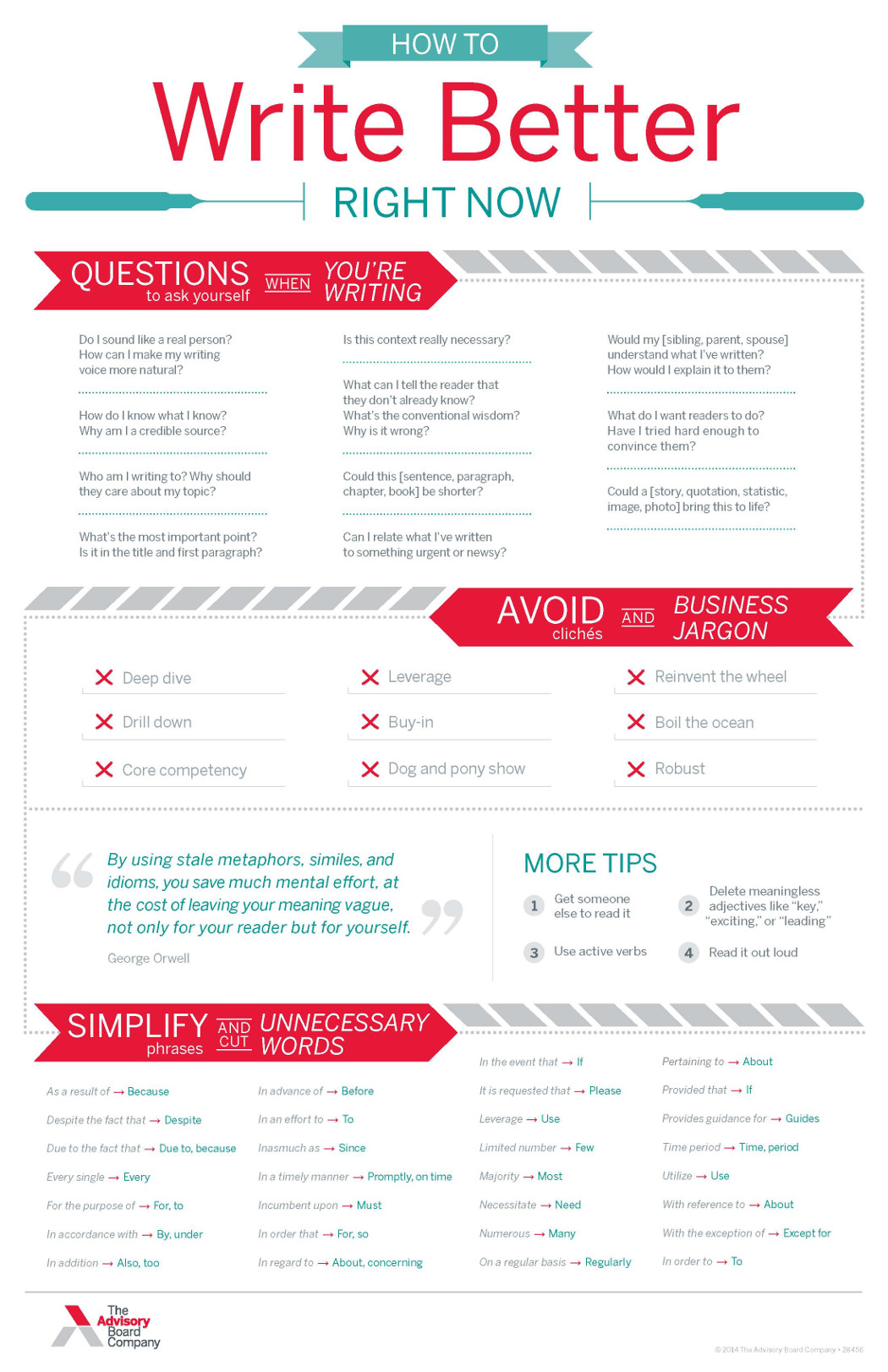Auto logout in seconds.
Continue LogoutEditor's note: This popular story from the Daily Briefing's archives was republished on Feb. 5, 2020.
There's an easy way to alleviate the stress that comes with public speaking: Treat it like stand-up comedy, Art Markman, a professor of psychology and marketing at the University of Texas at Austin, writes for the Harvard Business Review, listing three public speaking lessons to learn from stand-up comedians.
Markman notes that "success in many roles requires speaking in public," but for many people the thought of speaking in front of a crowd is "so stressful ... that it is routinely used as a stress manipulation in psychological studies."
But Markman writes that he's long admired "comedians and their process," from which he draws "three lessons that anyone can learn from them about public speaking."
1. Don't be afraid to 'die'
Part of what makes "public speaking so nerve-wracking," Markman explains, is the "worry that the stench of that talk will ... have lasting consequences."
But for comedians, "[d]eath is a frequent metaphor," Markman writes. "Every comedian I have ever met or read about has died. Often. And they have lived to tell the tale," Markman writes. "And many have gone on to have successful careers."
In general, people "are much more concerned about the consequences of a bad talk than anyone else is" Markman writes, noting, "A lot of research suggests that we have an egocentric bias about the things we do." By contrast, the audience is "simply much less concerned about you (and notice a lot less about you) than you think they are."
Realizing this fact can help ease the worry of public speaking, Markman writes.
2. Repeat it and refine it
When comedians are working out a new bit, they typically practice it in front of multiple audiences and refine it as they learn which parts the audience responds to and which they don't.
You can do the same as a public speaker, Markman writes. Take advantage of chances to give the same talk multiple times, and while you're talking, pay close attention to the audience and see when they're paying close attention to you. Also, seek feedback from listeners who say your talk resonated with them to find out what worked.
"Then, take some notes," Markman advises. "Your talks should get better over time not only because you are more practiced at giving them but also because you have edited them based on feedback," Markman writes.
3. The importance of the Role of Three
Citing his book, "Smart Thinking," Markman shares "the observation that people remember roughly three things about any experience they have." Comedians leverage this in their routines by using "repetition-break plot structure," in which someone tells a story, repeats the story, and then memorably changes it on their third telling. A common example is, Markman notes, "'Three guys walk into a bar ....'"
When you prepare your talks, determine three things you want your audience to remember and stick with them, Markman writes. Then, figure out how to make comparisons so your audience sets up expectations. And don't add more than three, Markman advises. "Less is more."
In addition, Markman notes that callbacks—in which the speaker references something said previously in the talk—can be a useful way to help people remember things and can sometimes be humorous as well.
Treating public speaking like stand-up comedy isn't going to eliminate the stress of public speaking entirely, Markman writes. "But you're likely to dread it less and less as you realize that you got through another talk without the world ending. And hopefully, one day, you might even realize that you're more excited than worried about the prospect of getting up in front of a group" (Markman, Harvard Business Review, 7/25).
Don't miss out on the latest Advisory Board insights
Create your free account to access 1 resource, including the latest research and webinars.
Want access without creating an account?
You have 1 free members-only resource remaining this month.
1 free members-only resources remaining
1 free members-only resources remaining
You've reached your limit of free insights
Become a member to access all of Advisory Board's resources, events, and experts
Never miss out on the latest innovative health care content tailored to you.
Benefits include:
You've reached your limit of free insights
Become a member to access all of Advisory Board's resources, events, and experts
Never miss out on the latest innovative health care content tailored to you.
Benefits include:
This content is available through your Curated Research partnership with Advisory Board. Click on ‘view this resource’ to read the full piece
Email ask@advisory.com to learn more
Click on ‘Become a Member’ to learn about the benefits of a Full-Access partnership with Advisory Board
Never miss out on the latest innovative health care content tailored to you.
Benefits Include:
This is for members only. Learn more.
Click on ‘Become a Member’ to learn about the benefits of a Full-Access partnership with Advisory Board
Never miss out on the latest innovative health care content tailored to you.

